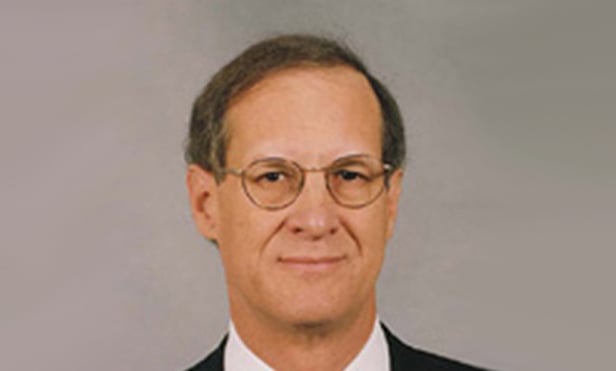
It is clear the Democrats are playing to their base over immigration, and they have misplayed their hand this time. Likewise calling tax reform Armageddon and other extreme words will prove to be a big mistake. If they stand in the way of an infrastructure program, then they will just compound the problems they have for 2018. They are turning what some beleived was an opportunity to win back the house into a potential major loss. As we all know, in the end “it is the economy stupid”, when it comes to elections. For CRE this matters a lot. If the Democrats regain control of the House, we will have a complete do nothing government for two more years, and a series of “hearings” into Trump. It will be a mess.
Whatever we may all think of Trump, the person, and whatever many of us may know first hand from dealing with him when he was in the private sector, the reality is we need to pay attention to what is the cabinet doing and what is Congress doing right now. Trump is his own worst enemy with his tweets and statements, but underneath all of that, Tillerson, Mattis, Kelly, Ross and others are moving the ball forward with a pro-business approach and that is all good for CRE.
Tax reform and the deregulation programs have made the prospect of 15%-20% earnings growth for the S&P a possibility in 2018. The stock market makes equity capital cost very low for corporations considering expansion in an economy that is likely to grow 3.5% this year. Consumers are spending again and home prices are increasing nicely. 401K accounts for 50% of the work force are at an all time high. All of this is combining to raise consumer and business confidence higher than it has been in decades. As the year progresses it is very likely that GDP will continue to grow at 3.5% and potentially 4% by later in the year. If that occurs, the economy will have real momentum into the election.
Against this, the Republicans will argue that the Democrats voted against tax reform, shut down the government and demanded higher spending on entitlements to agree to rebuild the military which has been decimated by eight years of Democratic control. On top of this is the four-page memo which is likely to come out this week or next which is purported to show a conspiracy to deny Trump the ability to govern through use of the dossier to set up the collusion investigation.
If the memo does say what has been claimed, and if it is true, people who read it say it makes Watergate look like nothing. It will supposedly show the top two officers at the FBI, a senior DOJ lawyer, Hillary, the DNC, Susan Rice, Susan Powers and possibly Obama were conspiring to force Trump out of office. The so called insurance policy referred to by Strozick, the FBI official who was fired by Mueller, will end any chance the Democrats have to win back the House.
For CRE, in the end this is good. Republicans will retain control, and if people go to jail over this memo as Senator Grassley has suggested, then the Republicans will have more control than they now do. That means more deregulation, hopefully much faster approvals of projects, far less likelihood of bureaucratic stalling and stupid rules. If this is combined with the benefits of tax reform and a 3.5% GDP growth, and an infrastructure program that is real instead of the teachers un ion payoff that was Obama's stimulus program, then CRE will thrive into 2019 and possibly 2020 when Washington will ramp up things for the election.
The one potential bad result of all of this will be the Fed. If all is ramping up as this scenario suggests, then it is possible the Fed will raise rates four times in 2018. Powell is a dove generally and a very solid guy who will not do anything to rock the economy if he can help it. However, wages will rise this year as companies use tax savings to pay more, the weaker dollar will bring increased inflation, and generally the bond market will see the ten year move up regardless of the Fed. A 3%, or higher, 10-year, is most likely by mid-year, or third quarter.
While equity capital will be plentiful, the cost of debt capital and cap rates will be higher, and maybe materially higher. Cost of construction will continue to rise as the economy thrives and the shortage of construction labor gets much worse. It will be harder to make deals pencil as we get further into the year, and as we get longer into the recovery and investors and lenders get more concerned about how much longer the good times can roll. The ying yang of the good news and concerns will be interesting.
Want to continue reading?
Become a Free ALM Digital Reader.
Once you are an ALM Digital Member, you’ll receive:
- Breaking commercial real estate news and analysis, on-site and via our newsletters and custom alerts
- Educational webcasts, white papers, and ebooks from industry thought leaders
- Critical coverage of the property casualty insurance and financial advisory markets on our other ALM sites, PropertyCasualty360 and ThinkAdvisor
Already have an account? Sign In Now
*May exclude premium content© 2025 ALM Global, LLC, All Rights Reserved. Request academic re-use from www.copyright.com. All other uses, submit a request to [email protected]. For more information visit Asset & Logo Licensing.








